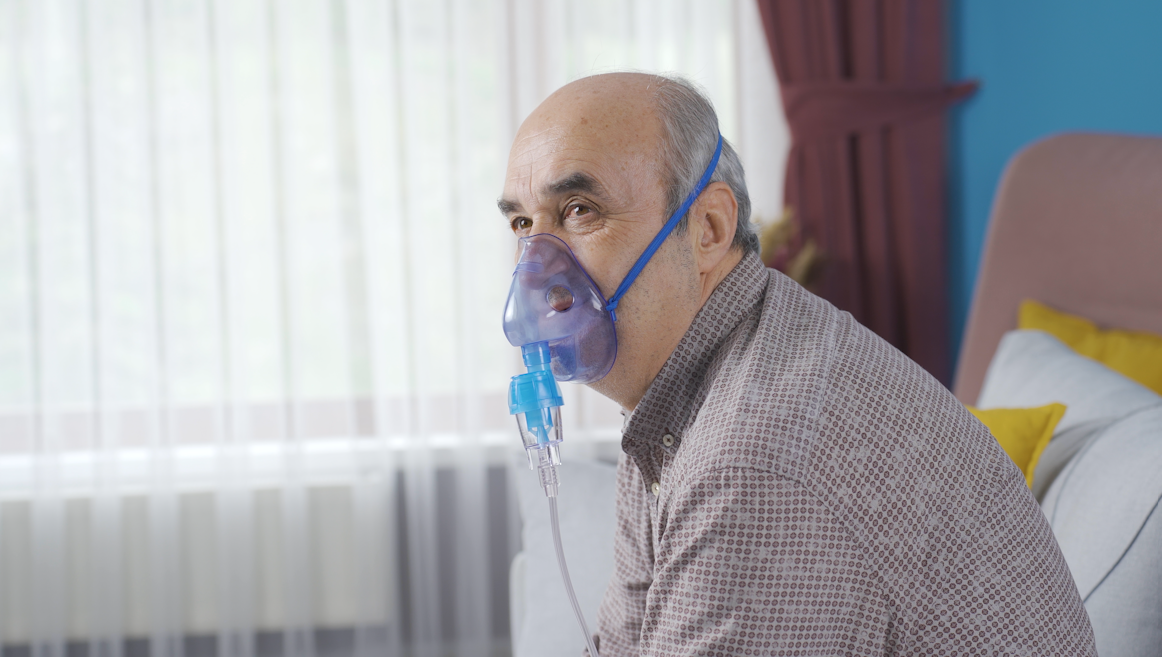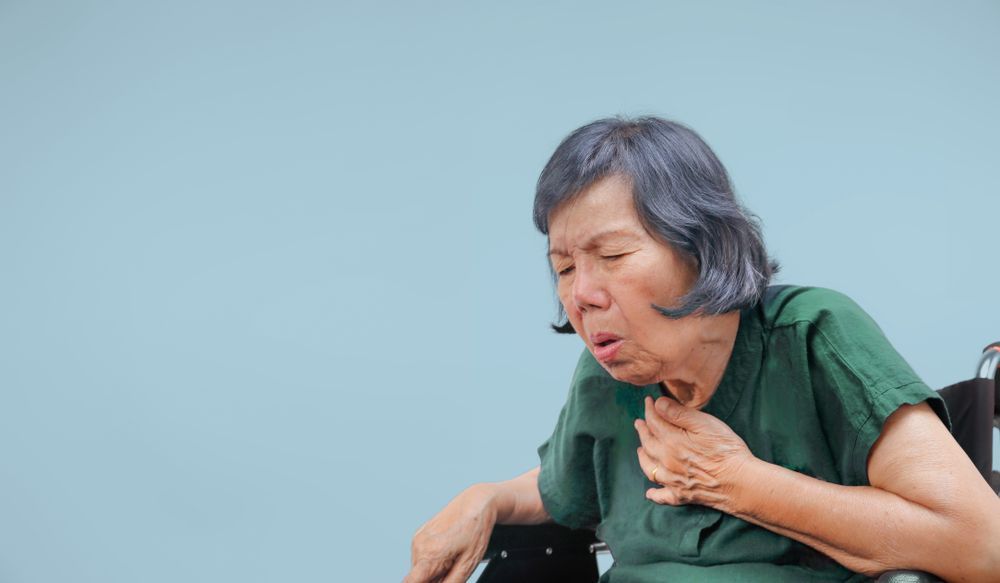Our COVID-19 Response at Elder Care Homecare. Read Now
Shielding our Seniors in the Eye of the Storm: A Guide for Ensuring Senior Citizen Safety During Natural Disasters
Tropical Storm Ophelia made a powerful comeback on Friday, prompting a state of emergency that led to the shutdown of the New York City subway, road closures, and airport terminal disruptions. City officials, during a press briefing, described the situation as the most rain-drenched day since Hurricane Ida.
Floods are among the most devastating natural disasters, affecting millions of people each year. While everyone must take precautions, our senior citizens are often more vulnerable due to age-related mobility and health issues. Ensuring senior safety during a flood requires careful planning and proactive measures. It’s important to remember that not having a plan and being ill prepared for a natural disaster can put seniors at tremendous risk of harm. Here are some essential tips to help seniors stay safe:
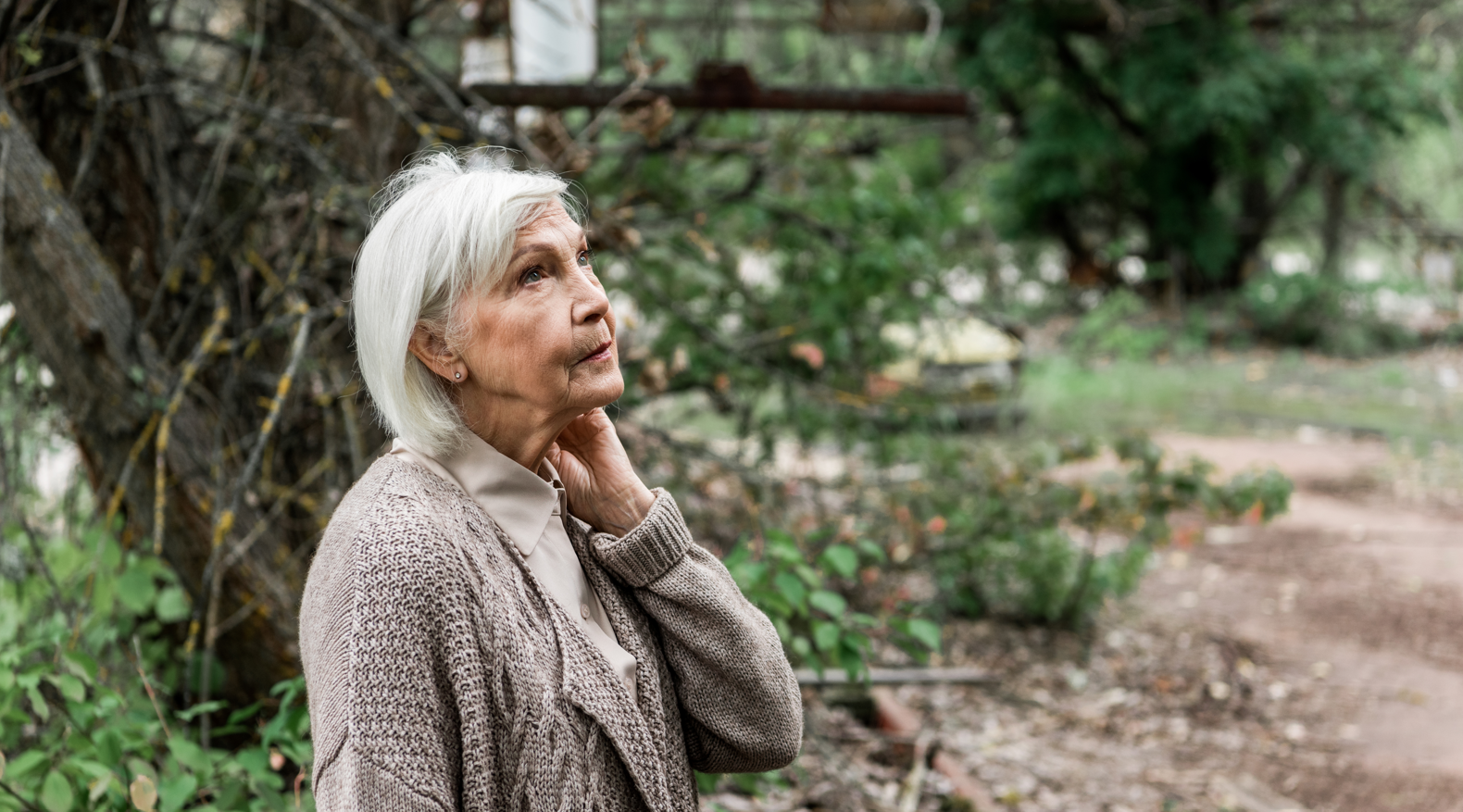
1. Stay Informed Beforehand:
Knowledge is your first line of defense. Keep track of weather forecasts, flood warnings, and evacuation orders. Here's how:
- Emergency Alerts: Sign up for local emergency alert systems and follow updates from reliable sources like the National Weather Service.
- Smartphones and Apps: Utilize weather apps and smartphone alerts to stay informed in real-time.
- NOAA Weather Radio: Consider investing in a NOAA Weather Radio, which broadcasts emergency information directly from the National Weather Service.
2. Create a Flood Safety Plan:
Having a well-thought-out plan can make all the difference during a flood. Here's what to include:
- Evacuation Plan: Identify safe evacuation routes and destinations. Ensure that these routes are accessible to seniors, and consider transportation options.
- Communication Plan: Designate an out-of-town contact person and establish a method of communication in case family members get separated.
- Emergency Contacts: Keep a list of emergency contacts, including family members, friends, neighbors, and healthcare providers.
3. Build an Emergency Kit:
Prepare an easily accessible flood emergency kit. It should include:
- Non-perishable Food: Stock canned goods, energy bars, and bottled water for several days.
- Flashlights and Batteries: Ensure you have a reliable source of light in case of power outages.
- First Aid Supplies: Include bandages, antiseptics, prescription medications, and any necessary medical supplies.
- Important Documents: Keep copies of identification, insurance policies, medical records, and legal documents in a waterproof container.
- Blankets and Clothing: Pack warm blankets and extra clothing to stay dry and comfortable.
4. Special Considerations for Seniors:
Seniors often have unique needs during floods. Consider these factors:
- Medications: Ensure an adequate supply of medications and medical equipment. Keep copies of prescriptions and important medical records.
- Mobility Aids: Keep wheelchairs, walkers, or other mobility devices accessible and in good working order.
- Service Animals: Plan for the safety and well-being of service animals or pets in your household.
5. Evacuate Early if Necessary:
Don't wait until conditions worsen. If authorities issue evacuation orders, follow them promptly. Leaving early ensures your safety and reduces the risk of getting stranded. While it might not be easy for seniors to leave their homes due to fear of losing their homes and valuable possessions, it is important to clearly communicate the impending danger in a calm, clear, and rational way, especially if there is resistance from the senior in evacuating. This is why having a conversation in advance of an event of this magnitude would be beneficial in being as prepared as possible.
6. Stay Informed During the Flood:
Keep abreast of developments during the flood:
- Battery-Powered Radio: Have a battery-powered or hand-crank radio to listen to updates and instructions.
- Cell Phones: Keep cell phones charged and consider investing in a portable charger.
7. After the Flood:
Once the floodwaters recede, take these steps:
- Safety Check: Before returning home, ensure your residence is safe. Look for structural damage and hazards.
- Health Check: Seek medical attention if necessary, and monitor your health, especially if you have chronic conditions.
- Clean and Disinfect: If your home was flooded, clean and disinfect thoroughly to prevent mold and bacterial growth.
- Seek Assistance: Don't hesitate to seek help from neighbors, friends, or local organizations if you need assistance with recovery.
Senior safety during a flood requires careful planning, timely action, and a network of support. By staying informed, creating a comprehensive flood safety plan, and preparing an emergency kit, seniors and their caregivers can significantly enhance their resilience when faced with these challenging events. Remember, proactive measures taken before a flood can save lives and protect the well-being of our senior citizens.
New York City Elder Home Care Blog

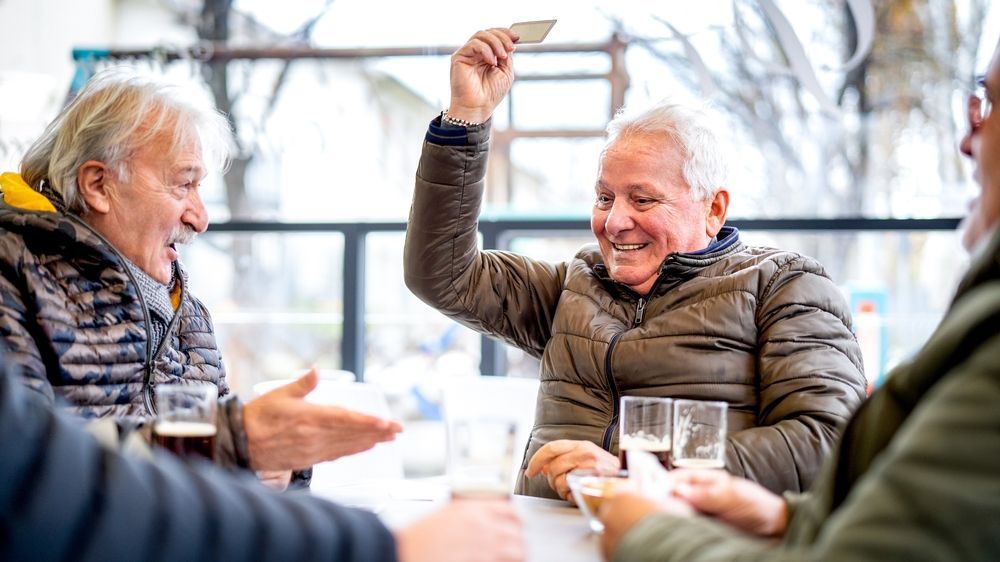
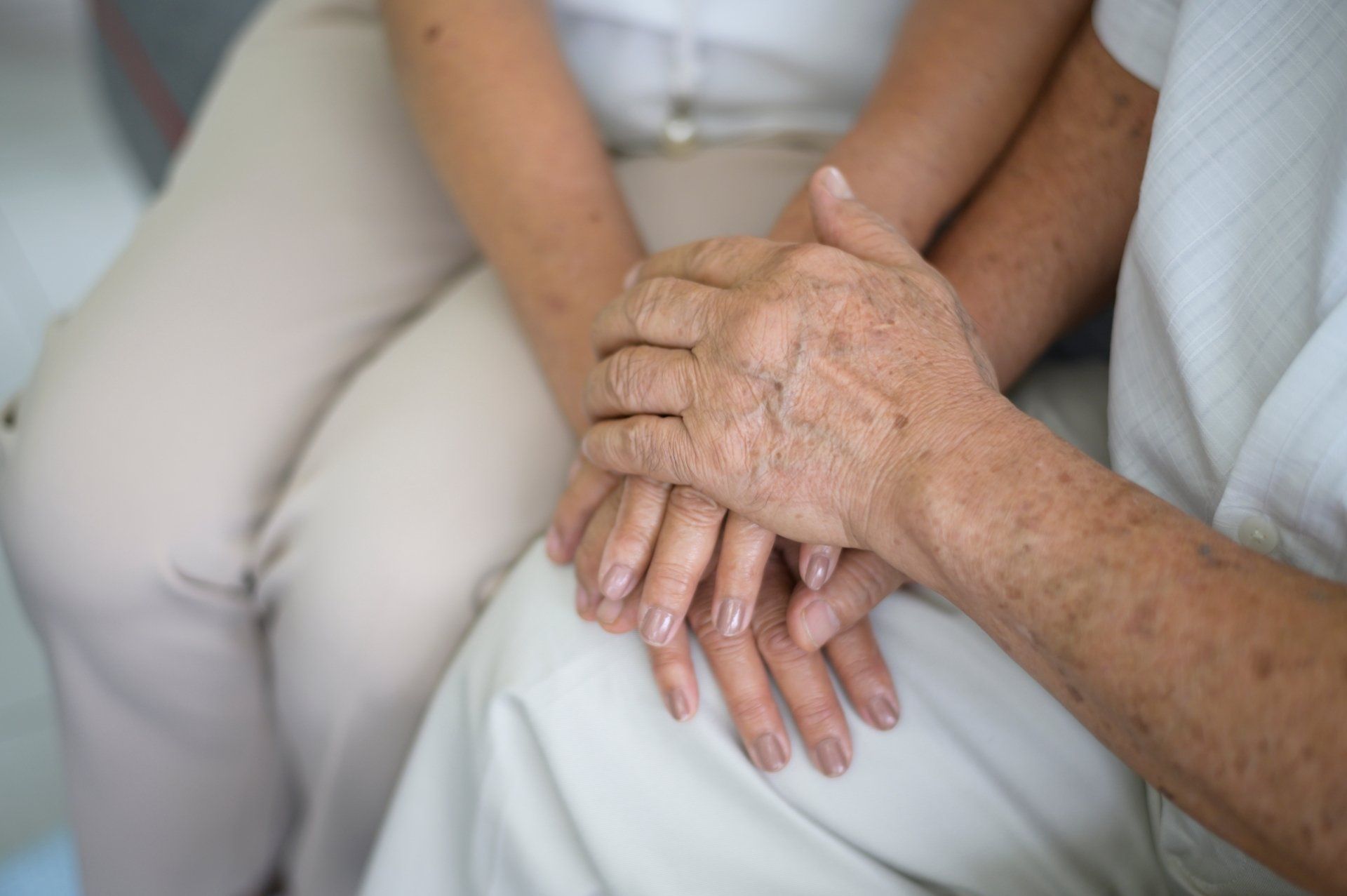
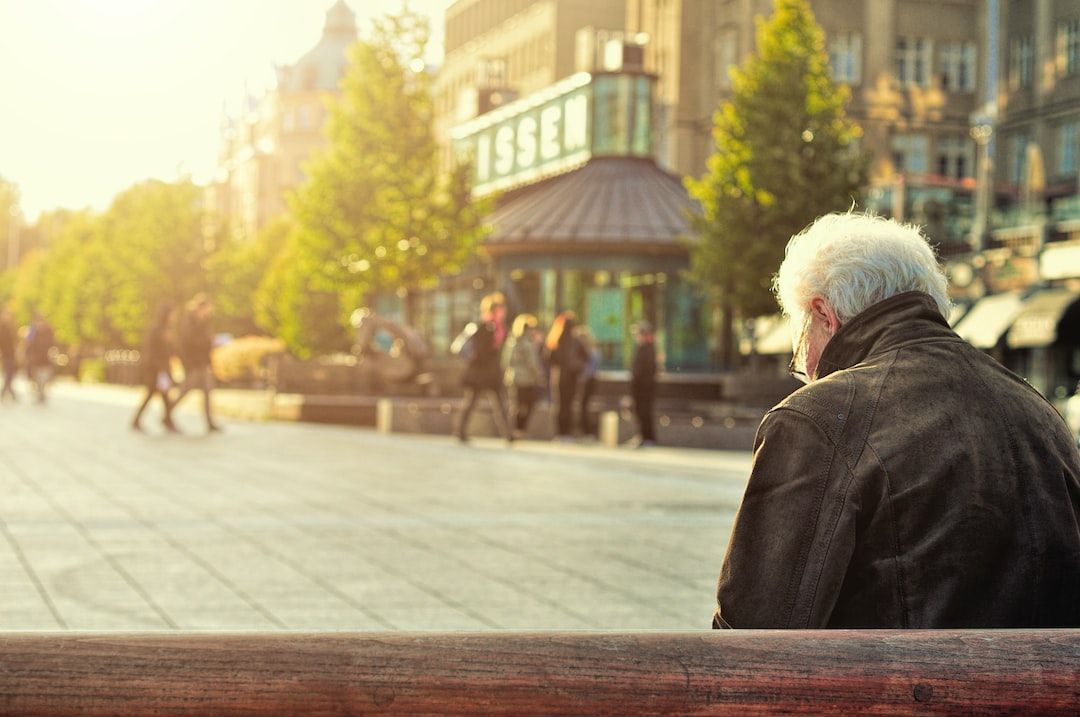

Elder Care Homecare looks after seniors and individuals with disabilities through dependable companion care and in-home care services.
We service Westchester County, Long Island and the entire New York City metro area including Queens, Brooklyn, The Bronx, and Manhattan.
QUICK LINKS
CONTACT
Call Us Today:
(914) 268-6221
Caregiver or Employment Inquiries: (914) 414-4841
111 Brook St
Scarsdale, NY 10583
370 Lexington Ave
New York, NY 10168
United States
1025 Old Country Road
Suite 314
Westbury, NY 11590
750 E Main St
Stamford, CT 06902



